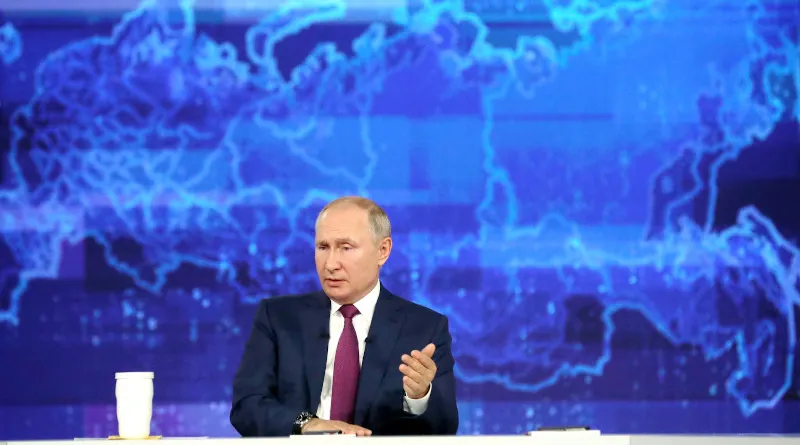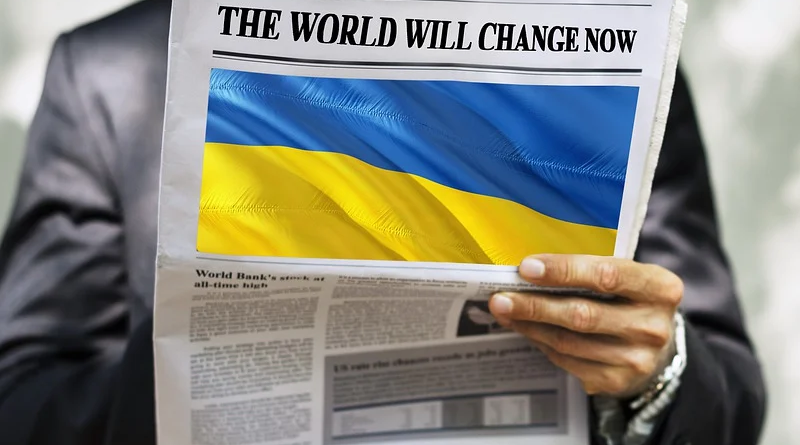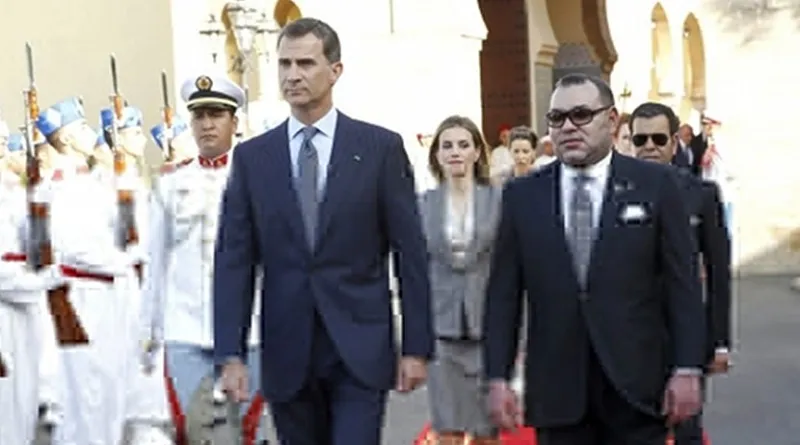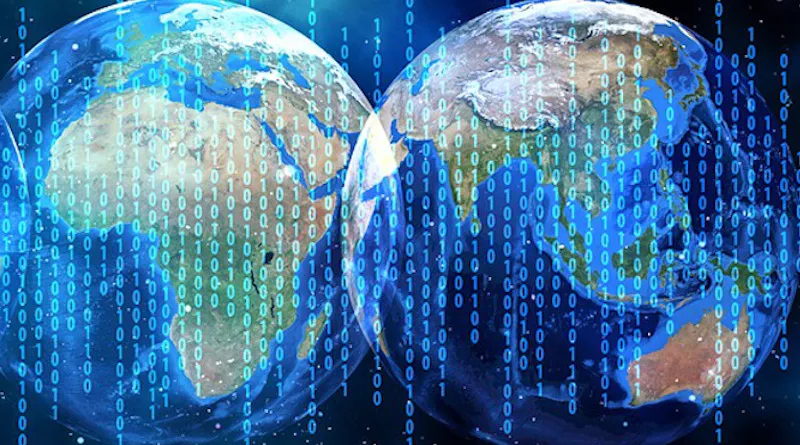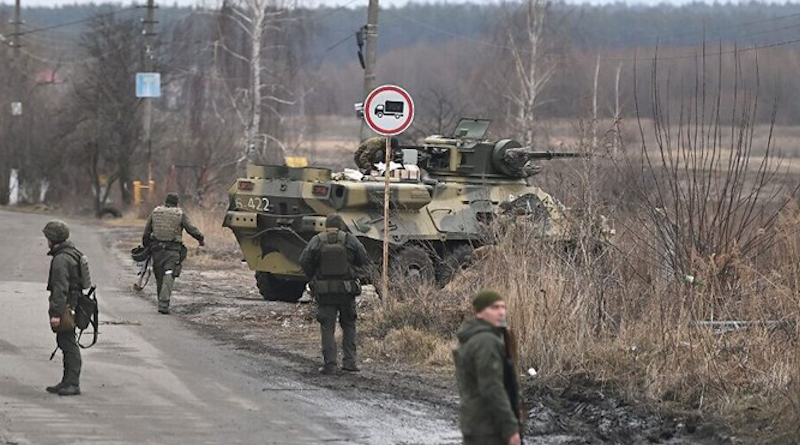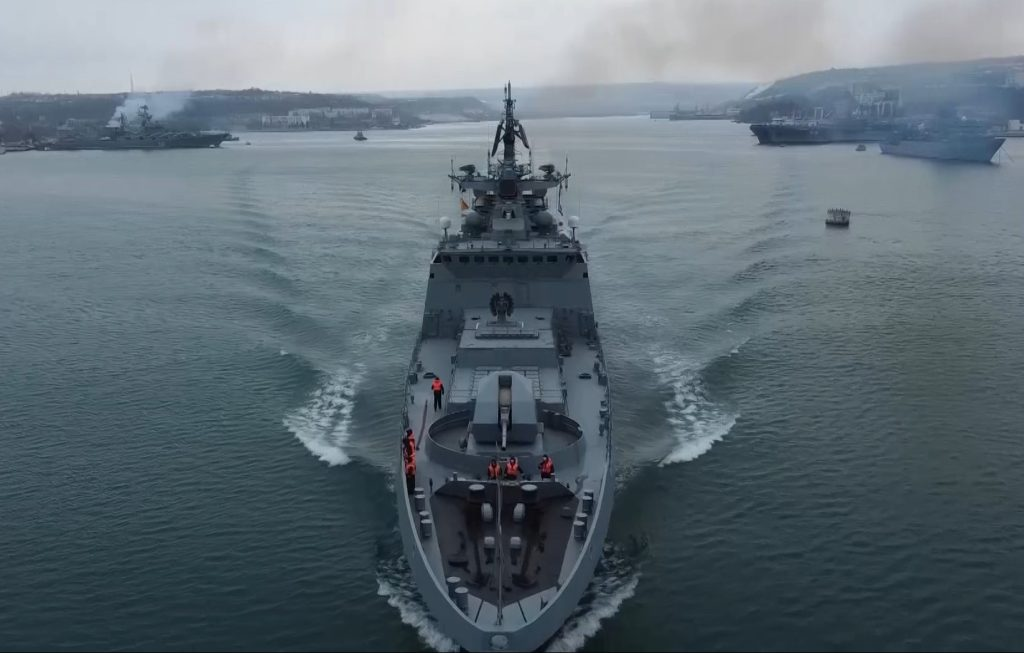The Ukraine War Threatens Asia’s Regional Architecture
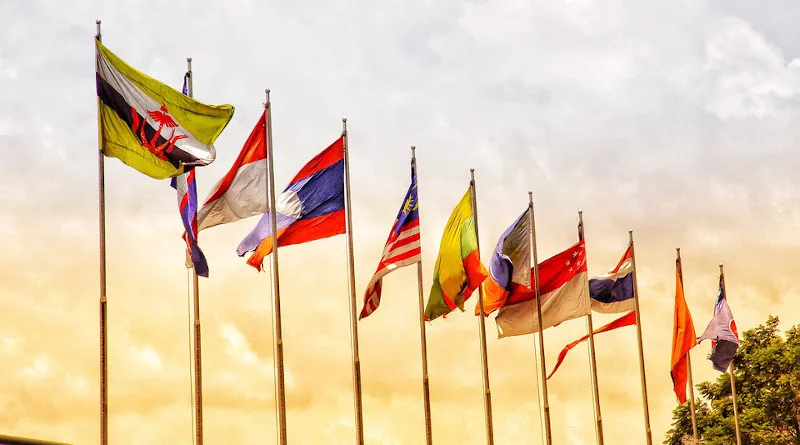
In 2022, there will be great interest in Asia’s summit season because of Russia’s invasion of Ukraine. The annual East Asia Summit, ASEAN and APEC meetings always attract attention due to the proximity of many world leaders, but the less glamorous work of the multilateral mechanisms goes on throughout the year in efforts to drive cooperation as well as to prepare for the jamborees at the year’s end.

